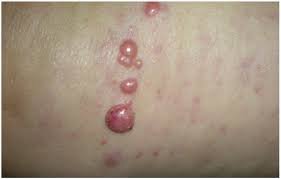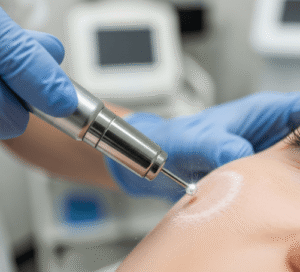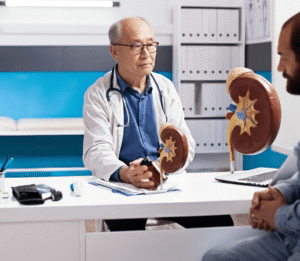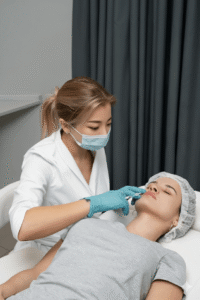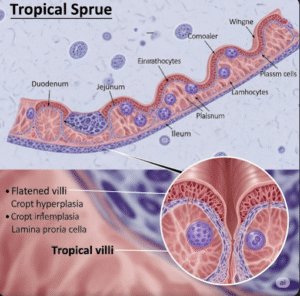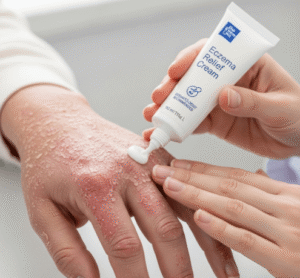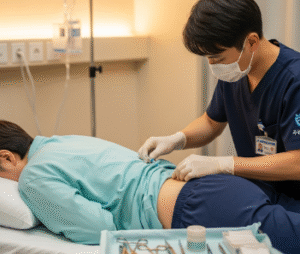Overview
Merkel Cell Carcinoma (MCC) is a rare, aggressive skin cancer arising from Merkel cells, which are found in the epidermis and involved in touch sensation. In South Korea, MCC is uncommon but increasingly recognized due to improved dermatologic screening and advanced diagnostic techniques. Early detection and multidisciplinary management at centers like Samsung Medical Center, Seoul National University Hospital, and Asan Medical Center are critical to improve survival rates and reduce metastasis.
What is Merkel Cell Carcinoma?
Merkel Cell Carcinoma is a neuroendocrine tumor of the skin. It typically presents as a rapidly growing, painless, firm nodule on sun-exposed areas such as the head, neck, and extremities. MCC can affect older adults (especially over 60), immunocompromised individuals, and patients with chronic sun exposure. The disease is aggressive, with high rates of local recurrence and early metastasis to lymph nodes and distant organs.
Symptoms
- Painless, firm skin nodule, often red, purple, or skin-colored
- Rapid growth of the lesion over weeks to months
- Skin ulceration or bleeding in some cases
- Swollen nearby lymph nodes
- Rarely, systemic symptoms like fatigue or weight loss in metastatic disease
Causes
- UV exposure causing DNA damage in skin cells
- Infection with Merkel cell polyomavirus (MCPyV) in most cases
- Immunosuppression, such as in organ transplant recipients or patients on chemotherapy
- Older age and fair skin increase susceptibility
Risk Factors
- Age over 60 years
- Immunocompromised state (HIV, post-transplant, long-term corticosteroids)
- Chronic sun exposure or UV damage
- Fair skin and history of skin cancers
- Male sex has a slightly higher prevalence
Complications
- Local recurrence after excision
- Early lymph node and distant metastasis (liver, lungs, bones)
- Poor prognosis if untreated or diagnosed late
- Complications from surgery, radiotherapy, or systemic therapy
Prevention
- Sun protection: Use sunscreen, hats, and protective clothing
- Regular skin examinations for high-risk individuals
- Early evaluation of new or rapidly growing skin nodules
- Maintain immune health where possible
- Awareness of MCC risk for immunocompromised patients
Treatment Options in Korea
South Korea provides comprehensive care for MCC through dermatology, oncology, surgical oncology, and radiation therapy services:
- Diagnosis & Staging
- Skin biopsy with histopathology and immunohistochemistry (CK20, chromogranin, synaptophysin)
- Sentinel lymph node biopsy (SLNB) to detect occult metastasis
- Imaging: CT, MRI, PET-CT for staging and metastasis evaluation
- Surgical Treatment
- Wide local excision with clear margins
- Lymph node dissection if nodes are positive
- Reconstruction for lesions on head, neck, or extremities
- Radiation Therapy
- Adjuvant radiotherapy to reduce local recurrence risk
- Used for inoperable tumors or palliative purposes
- Systemic Therapy
- Immunotherapy (e.g., PD-1/PD-L1 inhibitors) is standard for advanced/metastatic MCC
- Chemotherapy for selected cases, though immunotherapy has shown better outcomes
- Follow-Up Care
- Regular skin and lymph node checks
- Imaging every 3–6 months for the first 2 years, then annually
- Patient education on sun protection and early detection of new lesions

